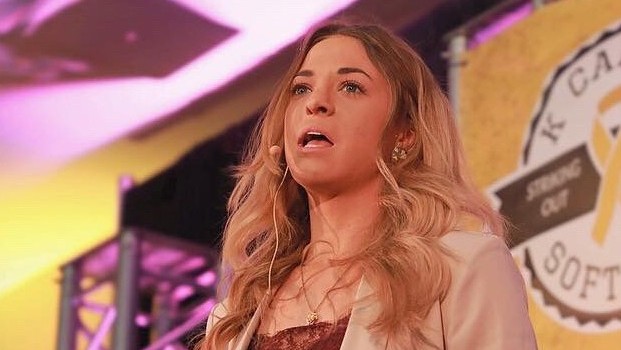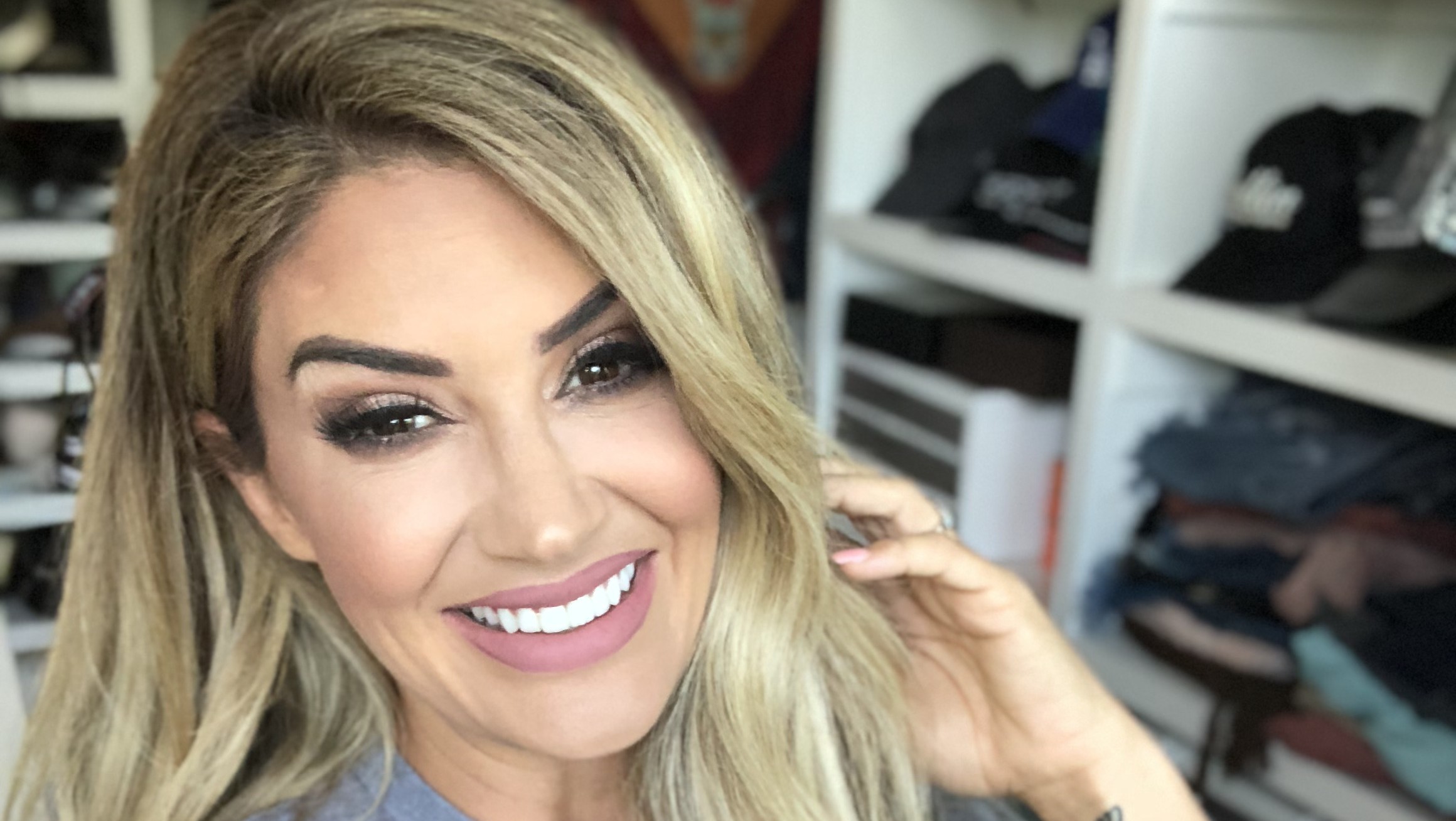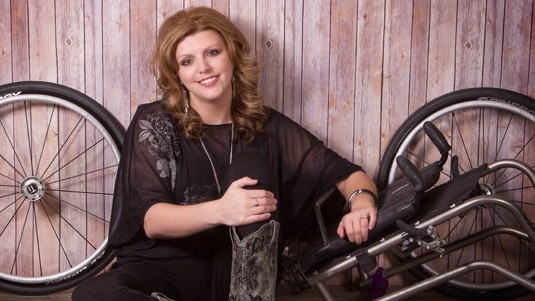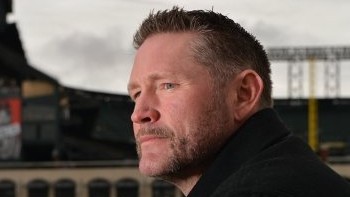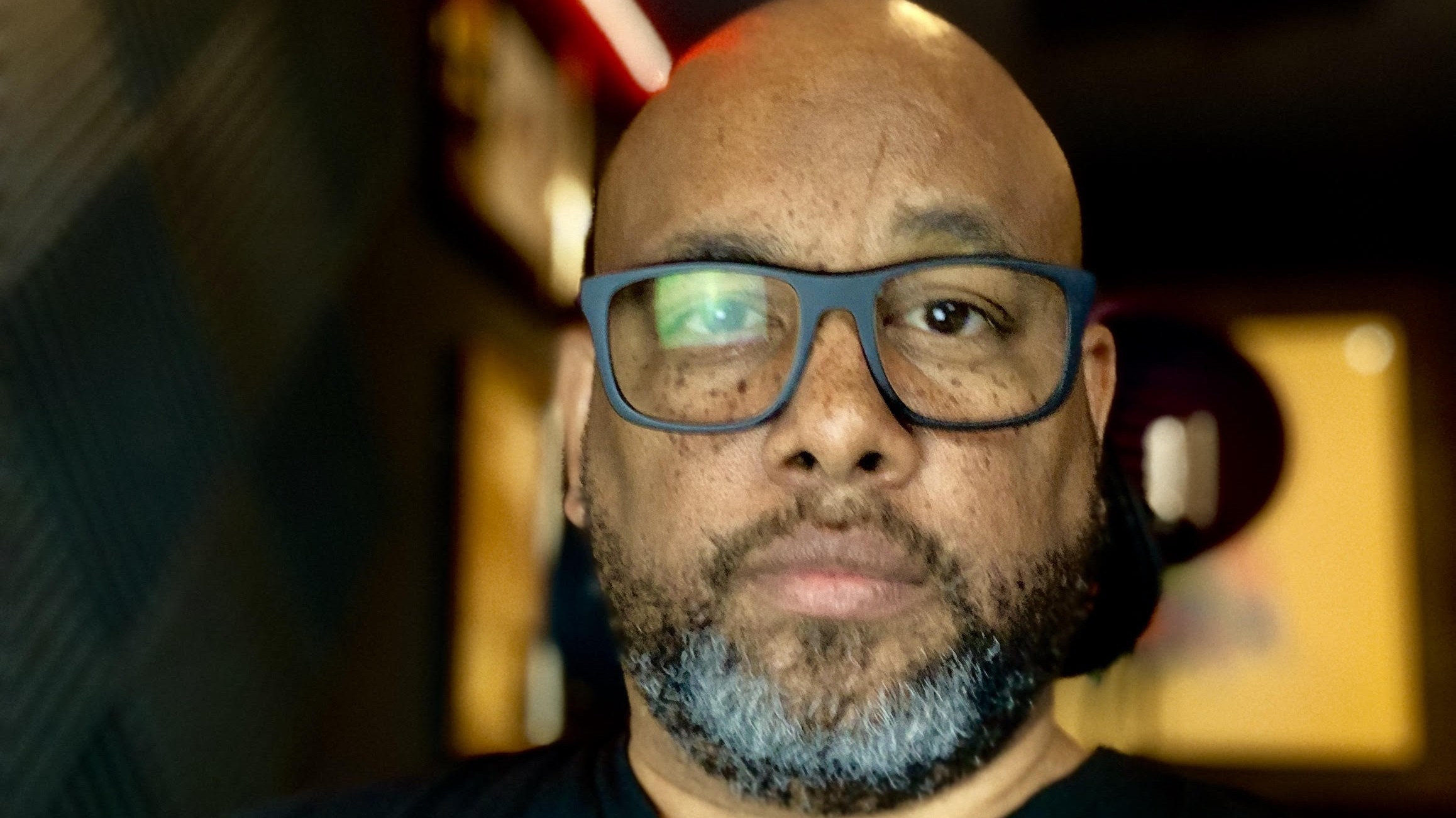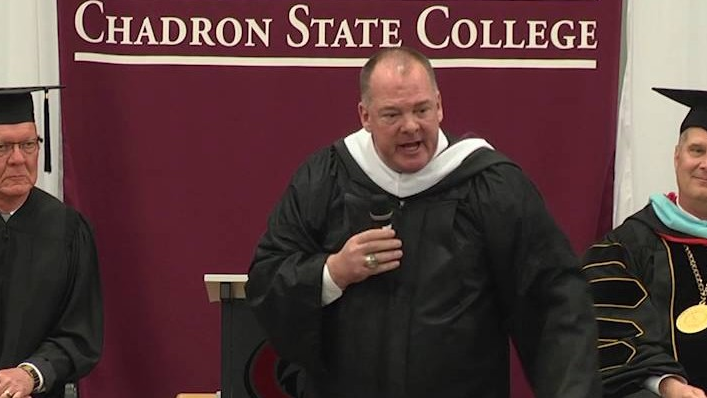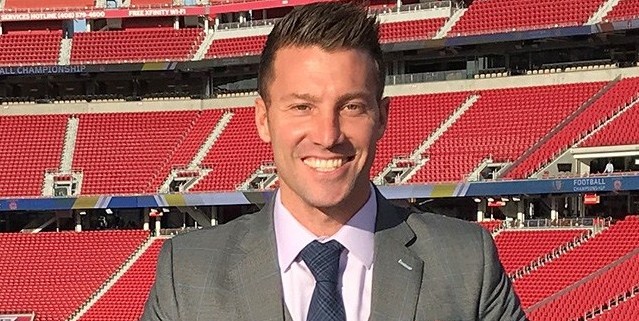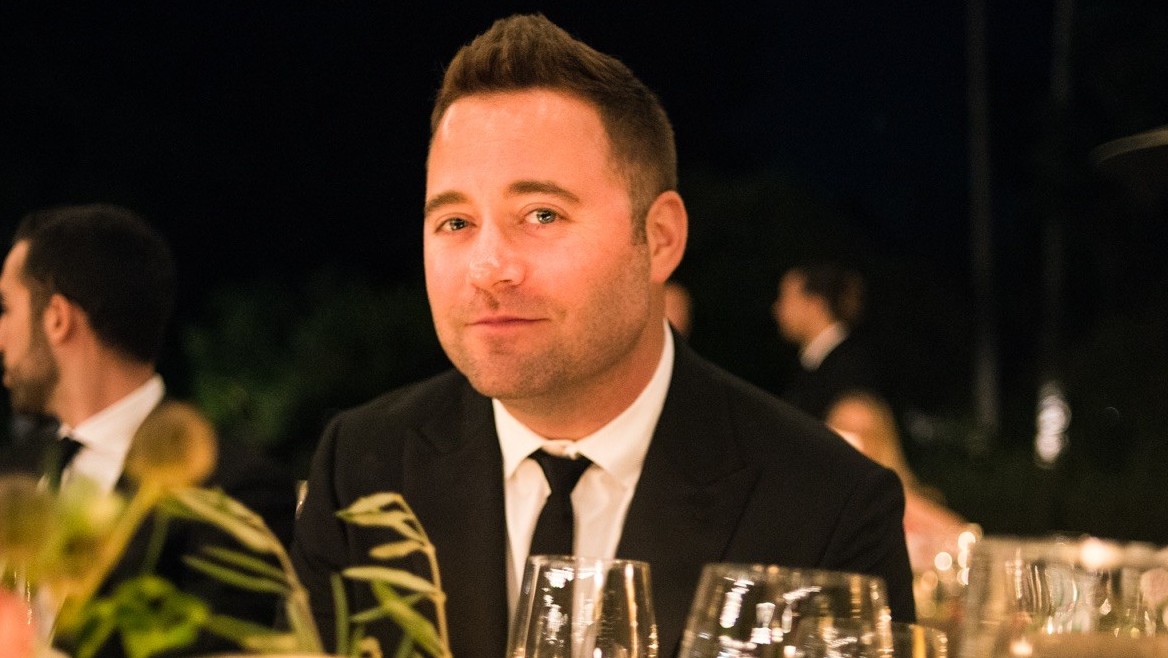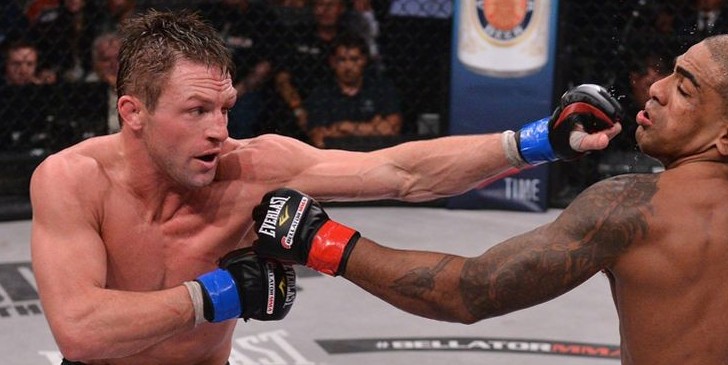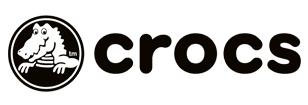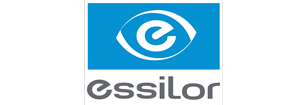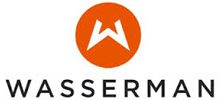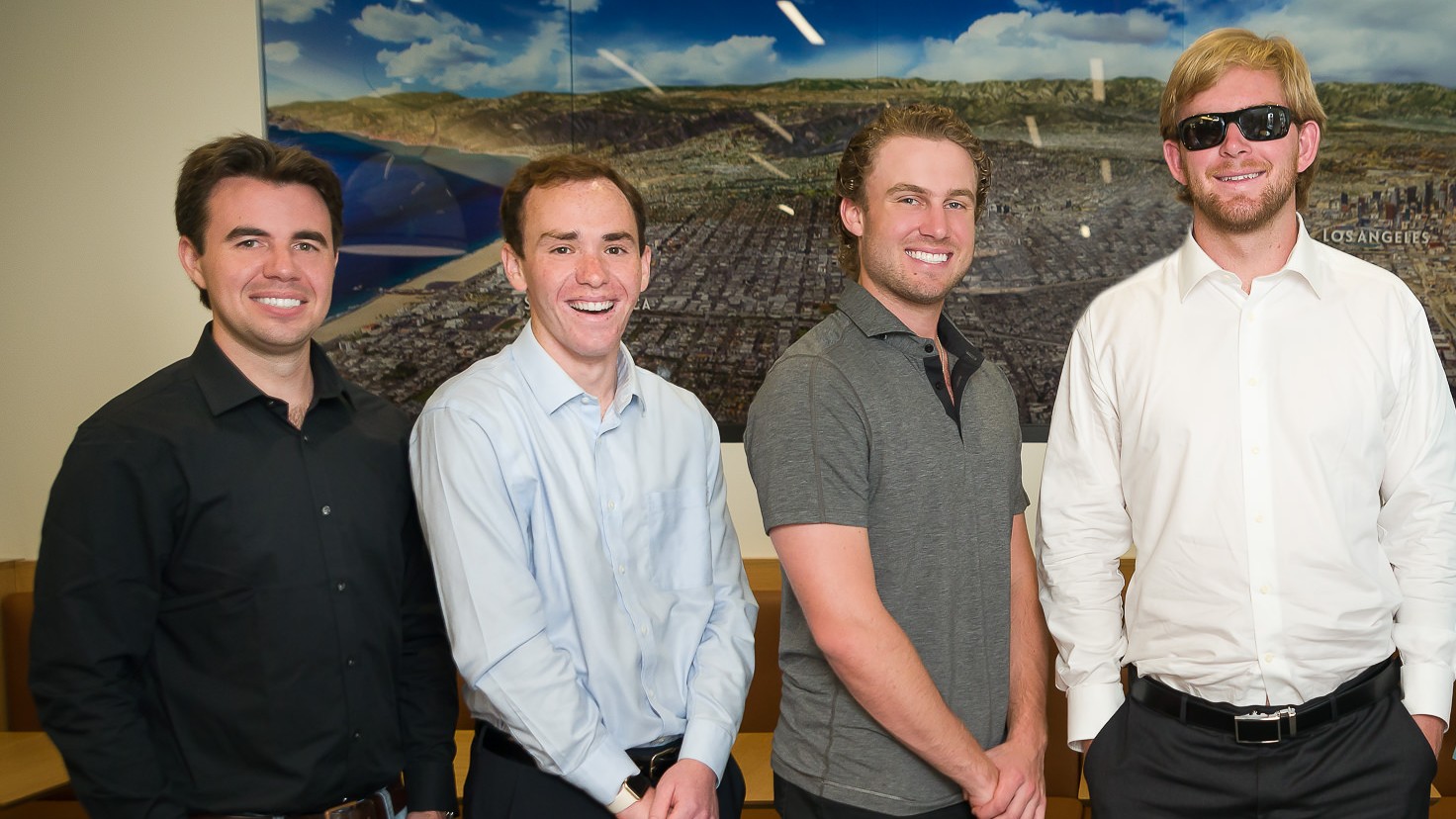
Episode 11 - Fyre Festival & The Booking Industry
- By Brendan Egan
- Apr 18, 2019
In today's episode, Engage co-founders Jake Olson, Daniel Hennes, and Brendan Egan talk about Fyre Festival, the concept behind their booking app, how Engage is different (and similar), and how this industry is one that is in desperate need of a digital booking solution.
Listen along to our thoughts and opinions as we sound off on Fyre Festival!
--
Transcription:
Jake Olson: Welcome to the Let's Engage podcast. It's your host Jake Olson alongside my co-host Brendan Egan and our producer and technician Daniel Hennes. We are really glad that you've joined us today. We, it's a little different podcast version today. We do not have a guest on, but we are going to talk about an interesting topic nonetheless. One that many of you have heard about the Fyre fest, a debacle or a for probably the best description that what it was, how Engage is different, how it's similar, how we are not going to end up like Fyre fest, right Brendan?
Brendan Egan: We’re not Jake, you got that part right.
J: So for I guess a brief synopsis, Brendan, do you want to take everyone through just exactly what Fyre fest is? Briefly. I mean everyone has probably pretty much heard of it. But for those who have not just to a quick synopsis of what Fyre Fest was and is and kind of why it was created, what the very first version of it was in kind of idea and then how they, they went away from that and ended up being the, again, the debacle that they became.
B: I think fortunately Jake we can use was not is, I think it's all past tense, I hope. But, uh, I'd love to go through it. And what's interesting, Jake, to me at least, is that Fyre became popular because of the fire festival. Right? But before that it was an app. So it’s similar to Engage, right? They had this idea that they wanted to create a mobile app for basically booking people. Um, that's kind of how it started. And then their founder had this idea for the festival to kind of put it on the map, create this music festival down on the islands. And for anybody that hasn't watched the documentary, uh, I certainly don't recommend Fyre or their festival in any way whatsoever. But it is a very interesting documentary to watch. So definitely get out there and watch it on, uh, any of your popular streaming platforms. Um, but basically they created this fyre festival, uh, spent several, several months up to a year putting it together. And it kind of was just a giant sham. I mean, they didn't have the financial backing they needed. They didn't have the, uh, you know, the, the resources they needed to put on the, the festival or the events. Um, but the reason that it got so much publicity, Jake is, you know, is, is it took off on social media, especially on Instagram. A lot of influencers we're posting about it, they did a glamorous photo shoot. And I think it just speaks volumes to the fact that things today are not always as they appear. What you see on social media on Instagram can be very different than what's really happening in the world. So, um, that's kind of the 60 second version of it Jake. Um, you know what's funny about it and what's interesting to me is everybody comes up to me and says, Hey, you know, how, how has engage really different than it? Like how, what are you guys doing that's different? How are you different than fyre? You know, how are you guys not going to blow up and become next fyre festival? And you know, the simple answer to that obviously is that we're not putting on a festival as of right now. Right. But, uh,
Daniel Hennes: We’re also not con men and criminals
B: So also not con men and criminals running it, correct. Yeah. The founder is, is, uh, is now in jail, as anybody who's seen the documentary knows and uh, you know, rightfully so. Um, but you know, it's, it's a very interesting industry and there's a lot of people that have tried to tap into this space. Um, and Daniel, you can maybe speak to this a little bit. You don't, you don't get a voice too often on the podcast because Jake and I talk a lot, but Daniel, talk a little bit about your experience in this industry and you know, just the frauds and charlatans that are fyre and that are, you know, even in some ways kind of the, the misleading things that speaker bureaus even do.
D: Yeah, I mean I think the key is for us, the good thing is Jake wasn't influential enough to be approached by the fyre people about posting. So fortunately like, you know, I probably would have jumped at the opportunity to promote a fake music festival on Jake’s social media. He definitely fits the bill. But no, Brendan, you bring up a good point. I think the, the funniest thing Jake can get is whether it's Twitter or Instagram or are all those things, the good part about social media is it's easier than ever to sort of access and interact with talent with their and town can connect with their fans. The downside is it's now way easier for lunatics and weird people to contact you and reach out. So we definitely get a lot of just bizarre opportunities that don't pass the smell test right away. Whether it's ridiculous invention requests or Jake appearing at this or somebody wanted to use his pledgit money for his fundraiser to fund a medical trial in South Korea. I mean we get a lot of just ridiculous things and I think really the one thing I've learned is like just with, with a quick amount of vetting with one or two Google searches, you can start to tell pretty quickly if things are real. Like the funny thing about the fyre festival is one of the guys right away, Calvin Wells I think was his name, knew that it was fraudulent and he started posting about it and putting out content. And there were other people at the beginning saying it was fraudulent. So you would think before people would go spend, you know, a thousand or $2,000 they would do some basic research beyond looking at an orange tile and the, and the FYRE festival website. That's what, that's what sort of baffles me is the trust people have in talent and celebrities this sort of blind trust. Where it doesn't matter what they're doing and what they're posting about. If it's posted on a celebrity's account, celebrity's account, it, it must be real. So it was just a lack of diligence on all sides.
J: Did you guys know anyone who went?
D: I did not no.
B: I did not personally, but Daniel, I mean that's, that's a good point. But just to play devil's advocate, I mean one of the challenges of today's day and age is, is, is deciphering, what's real? I mean there, there's, there's, you know, really bright people behind posting the stuff that do a fantastic job of creating what appears to be an illusion. You even, even just taking it out of the context of this, right? And putting it into, you know, hey, I want to buy a product, right? And you jump on Amazon and you say, Hey, it has 4.8 star reviews, right? But we've all, you know, 90% of those reviews are fake and they probably are. And, and you know, you Google it and people hire guys like me to, you know, create their illusion online, have, of a great product. And, and you know, bury bad things and you know, it's, it's, I think it's become difficult in today's day and age to kind of tell what's real and what's not. So I think to the credit of the guys that went to fyre festival, right? I mean like, you know, quite honestly, I mean I'm, I'm pretty diligent when it comes to those kinds of things and I think they would have fooled me, you know, 100% of the time. So it's, it's tricky.
D: No, you bring up a good point. I think the biggest issue, I mean, I think the truth is at the end of the day, I understand that people trust influencers and that's their brand. It's on the reps of the influencers. I mean, you vet every opportunity. And for someone like Kim, like Kylie Jenner, Emily Ratajkowski or however you pronounce her name, these people are really famous and our approached all the time. So you would think that would have really strong vetting systems in place. And I think maybe having Ja Rule and his name helped add legitimacy to it, but it's just, it's just amazing what happens with a lack of diligence. And I, I don't blame the consumers as much as I blame the talent and the reps for not being thorough and vetting things well. But that's like.
J: Well, at the same time though, did, I mean the interesting thing too is that as much as influences these Instagram influencers have and you know, if they're there followed by millions of people, you'd think they would tame them down. But I mean to be honest, it's a two way street. I mean they, they feed the beast with their followers and the followers, you know, feed them and their abuse as well in a sense where you present them an opportunity to go to The Bahamas and look cool in front of their fans. That's true. Does it matter like how legitimate it is? Like there you're going to do it because they care so much about what these people think about them.
D: That's a good point. Yeah.
B: It's, I mean it's a, it's a terrible effect of it. I mean Daniel, you see, you see a couple of people that maybe you view as your competitors almost done on social media posting this right, and you don't want to miss the bus so you, you know, maybe you jump in and sit without doing the due diligence you would have because other people already have posted it.
D: And look and look, I guess here's the thing too, like 90% of their time, it's not a fake music festival backed by Ja Rule. So like you're not going into this expecting fyre to be fake. Like you're expecting it to be real and that, I guess that's a, it's a very fair point. There just, there were just certain things to me that like would catch you right away. I mean when you've got somebody posting like the fyre fraud account, who's like actual evidence that you know, oh the island doesn't exist, or stuff like that. Like artists haven't been paid, musicians haven't been paid. It was just, it was all very confusing to me. But I guess it's a testament to a,
B: Let me just give you an example. There's, there's a, there's some Twitter stuff out there in the universe that says that Jake Olson's not blind. So does that make it real?
D: I'm not going to comment on that. That could be true.
B: No, but really though
D: This isn't time to expose.
J: No. Right, right. Next topic. No, but obviously that was a debacle. And you know, fyre festival never happened. Uh, my, my, I, the reason I asked that question previously, it was actually one of my, my dad's employees went to fyre festival and so he, he was, he was telling them just how much, you know, it really was a mess of traveling there.
D: I’m amazed nobody died, like legitimately amazed nobody died.
J: But in the sense though, in the first 10 minutes, at least of the documentary, when they started talking about the APP that they're building a, it did show some promise in the sense that someone's going to jump on this idea of building a platform where you can book talent for customizable experiences.
D: Here’s comes this good corporate advertising.
J: Oh No, I'm just, no, I'm just saying, we were talking about how different we are than fyre festival. It's not going to be different or how we're not going to have this same result as them. And, but at the same time we are similar in a way in the sense that we have this idea that they would have been very successful if they would have stuck to it.
D: Right. I mean, I actually think, I actually think in a, in a weird way, the best thing that fyre festival did and the fyre festival documentaries did is it helped people. It helped take the problem mainstream. It helps average Americans, people who aren't in the talent industry realized that there's a huge issue with booking talent and there's a huge issue with the process and the transparency and the honesty. So in a weird way, I think something like the fyre festival is good for us because it, it educated the general public on the fact that it's a huge problem. It's $1 billion problem that somebody is going to make a lot of money solving with the platform. Obviously we hope it's us, but like in a weird way, I think people who know us and know Jake know that we're not con men and criminals. And I think in a weird way, the fyre festival documentary almost helped us because I think one of the takeaways was, wow, what a cool platform. What a cool idea they should have just stuck with that. I don't know, Brendan, if you share that opinion.
B: I agree 100% and I think it's a channel. You know, we, we talked about how airbnb and Uber and others have come in and similar industries and they've solved this problem, right? But the, the unique thing about our industry is that it's a little bit of a different problem because we have a finite number of people that are available for booking, right? So, you know, in Uber's model you just get more drivers and Airbnb's model, you just get more homes, right? I mean there's, there's how many millions of properties in the, in the, in the country, in the world, but in our space, there's a finite number of influencers and talent and people that are available for bookings. And I think fyre definitely brought attention to the fact that there's a problem here and a need for this technology. Um, and it definitely brought that in front of the mainstream, but I don't know that it necessarily solved the problem. And I don't know that I, you know, obviously it didn't provide the transparency that was needed and it didn't, didn't solve it in the same way that we do. So not to sound like a giant billboard for engage, but I think that there's, it's worth mentioning the differences. Right
D: Right, right. I mean, that's a great point. I think they had the core of the idea, right. But first of all, they were focused pretty much exclusively on the music festival venue and booking people out for concerts and private shows. And I think the market is far bigger than that. The most impactful thing. I mean, I've been fortunate to tag along to Jake's speeches and, and hear him speak like that's a very powerful thing that fyre fyre was like on to something. But there are, as you said, right. And there are a lot of things they didn't do. Right.
J: Yeah. As much as we feel part of it, this is the Let’s Engage podcast. So you know
B: I'm just going to say, so the other challenge in this space is people that typically get into this space, and I, I'm just talking in broad strokes, I don't mean to generalize, but they're, they get caught up in the celebrity aspect of it. Right? So I think fyre definitely, he was caught up in the music side of it and the big name side of it and Ja Rule definitely brought some of that on board. You know, what's funny about engage is that, you know, we have guys in this platform that, you know, you walk into the average house and they have no idea who they are. Right. But then we also have guys that are some of the biggest names in the world in terms of celebrities, athletes, music stars, speakers. So I think it's important to, to span all those different, um, you know, different levels of talent that exists, whether it's, you know, ABC talent or otherwise, or whether it's just a guy who's really great at motivational speaking, um, and, and providing a platform to book them. And, and like, I want to segue Daniel, so I have a personal experience. Um, I was putting an event together a few years back before I was involved in engage before I knew you and Jake and um, you know, I went through a speaker's bureau website. I'm not going to say which one. There's a lot of them that are out there. I found some guys that I wanted to book for the event. I reached out and got an email back from guy kind of rudely saying, you know, hey, how much are you looking to spend? And I wrote back with a pretty healthy budget and he goes, okay, that sounds good. We'll be in touch. And you know, we've went by two weeks on buy nothing. So I followed up and he goes, yeah, yeah, I'm working on it, working on it. And I'm thinking to myself, what the heck is going on here? You know, how are they advertising these guys that I wanted to hire that are pretty big names and you know, uh, throwing up five figure number to hire them and it's taking them, you know, 14, 15, 16 days to even get back to me. And you know, I came to realize obviously what you already know and what I think most people don't know, and I think it's worth shedding light on, is that, you know, there's websites and speaker bureaus out there that advertise tons of guys. I mean, Jake's on, on some that he's not even affiliated with and, and you know, they have no relationship. They're just trying to coldly advertise, hope they get a couple of inquiries, reach out and maybe they'll get lucky here and there and make some money. But that's that to me is like the biggest difference between engage and everyone else in this industry is that we actually have relationships. Everyone on our website
J: Absolutely we can shed a light on the, what happened within those two weeks that you, that he was dark.
D: I'll tell you, he was emailing someone that he was in whatever talent you were trying to book, he was emailing their equivalent of me and their equivalent of me. It was very annoyed because they get a hundred of those emails and 95% of the time the event isn't real. So they were probably ignoring them and that's why you're waiting on the other end for two weeks unsure of what the hell is going on.
B: All the while the speaker's bureau is keeping a larger than fair cut of it and, and the talent is wondering why they're getting an offer that's so low and when you're
D: And you just hit on another thing and you stand on. Another thing is, is the passive nature of the business. I mean think about what a great gig speaker's bureaus has. You sit and, you answer the phone and you get 25% maybe 30% for literally sitting there and answering a call that was coming down anyway. You don't travel with them. You don't like there's, it's, it's a, it's a racket.
B: I mean, it's something that we saw, right? I mean in following in the footsteps of others and other industries, Airbnb, Uber, there, you know, there's full transparency, right? Like you don't, you don't get charged from Uber and then get a separate fee that goes to the driver, right? Like you don't, you know, it's, it's, it's, it's very transparent. It's very clear. You get an estimate before you book it. And similar, you know, we, we took the same approach on Engage. It's, you know, I'm, I'm always amazed when we show people the platform and they say, wow, this is easy. And wow this is transparent, like I know exactly what I'm paying, I know exactly where the money's going and
J: And you know person is going to show up and perform.
B: You know, the person's going to show up. You know that you're, you know, you're talking directly with them or their agent through the platform. There's no middle man. I mean it's just, it's a night and day difference. And I think that's why, you know, I do think fyre was onto something and I, and as you said earlier, Daniel, I think that they paved the way in terms of bringing light to this industry in this problem that exists. But they, you know, luckily for us they failed at solving it.
D: Yeah. And again, they were con men and criminals, which is generally not a good thing to be in business
J: But a fun question. If Engage were to have some type of party or festival, where would you host it?
B: Jake, I would host it in a variety of fun cities, possibly somewhere in Mexico, possibly the Caribbean. I, I hate to sound like, uh, what's his name? Tommy Mcfarland. Is that his name?
J: Billy McFarland.
B: I hate to sound like him, but, but I, I would definitely be drawn to the beautiful blue waters and beaches, the Caribbean.
D: I’d take the opposite approach. I'd go to some random ass town in the middle of Siberia and just live in the shitter. I was like, wow, we're gonna put this town on the map and then we get like Woodstock. You right. We get a ton of tax breaks. We get a ton of, it'd be, it'd be a great deal. I mean, I, that's how I think we do it. Obviously. Jake you'd headline and sing
J: Um, I, I would, I would, I would do it on the water to the playpen and Chicago Brendan
B: That's, that's a place that I'm pretty familiar with. So it's not a bad location, honestly.
J: You know, we can set up one big one big boat for the performers to perform on and then they don't have to worry about all the fans that are on the other boats, you know,
D: Other than the boats sinking and getting all the technology set up. I can't imagine what would be difficult about that. Right. That's a great idea. You know, we should all do it in space. And Elon Musk's company, that's a great idea. Jake it is good. That’s why you are the head of event planning for this company
B: Do you want me to invent a invite Jesse Smollett to it, I mean
D: He might have some free time coming up.
B: Yeah, you might have a lot of free time. I don't know if he's going to be wanted to be Chicago, But charges were dropped for the record. We're not doing, not even going there or as we were talking about that. That's a whole another podcast
J: We should get him on Engage though.
D: Yeah. I would book pretty much anybody. Yeah, there's a market. I mean if you want to know how to allegedly plan a fake attack, he allegedly, it would be the best person who talks about that and you could book him for a unique one of a kind experience that you probably can't get anywhere else.
B It's fitting that he comes up while we're talking about fyre. That's all I'm going to say.
D: It's really, it's really a good thing that I'm not on more of these podcasts. I think the podcast would take an interesting tone and turn.
B: Daniel, if you were planning a, where do you think fyre went wrong? I mean, I think the idea of the festival is a good idea and obviously they failed terribly in the execution of it. But you know, if, if, let me ask you a question, if they didn't do the festival, if they didn't become famous for that, do you think they'd still be going ahead today and you think they'd be having success?
D: I do. I do. Because I think they'd be having success in their niche. I look, I look at it, I'll put it this way, I think they would be having success, but I think they would, but I think we would still exist and there would still be a market for us because I think because of Ja Rule and Billy's background and their knowledge there, they would have had a lot of success in the music space and in the market where, you know, it's like booking out musicians for high end bar mitzvahs. Like people pay for that as a Jewish person who lived through that, um, booking out private parties. Like I think they would have a lot of space and the booking musical talent. But I think there definitely would be room for us. I think where they went wrong. Oh, I mean where to begin. Um, I think where they went wrong is that the very, very beginning with the festival, the festival itself is not an inherently bad idea. It could have been a great way to get launch, to get launch to launch and get publicity. Where they went wrong was as soon as that first island didn't work like they should have called it because you don't want to be booking on another island on that short of notice trying to figure out with with a bunch of tourists coming in for another event, like once that first thing went wrong, they should have called it like they already had a ton of buzz, like they should have called it there and not risked it. But I guess when you're in it on a day to day basis and, and, and you don't take the time to step back and take a take a bigger picture view, it's easy to get caught up in the, well we solved yesterday's problem, we'll figure it out today. And then all of a sudden before, you know at the festivals here and you've got no music and you're all going to jail because you conned a bunch of people. But I, I definitely see, I think when they really went wrong was not having that person who would take a step back. And maybe that was Billy. Maybe it was somebody else who had take a step back and say, look guys, like we have somebody who was literally ready to Suck Dick for water. Like I don't think anybody took a step back and realized how absurd what was going on was. And honestly like it's easy for us to look at them in hindsight and mock them. But when you're in that grind, doing it day to day, like, I don't know, I guess they just needed a strategist who is more big picture. I think that's where they went wrong.
B: You get caught up in the day to day, right? It's easy to get stuck in the grind and it's easy. You know that that's all easy I think. But you know, the, the part that, the part that gets me at least, and I actually sympathize with them for that because I mean I've been there on not on that scale but I mean just in day to day operations but different businesses. I mean, you know, it happens, right? And you get so caught up and you get, so you focused on the finish line and you get tunnel vision. All everything that you do is just focused on the next task at hand. You know, another problem comes up, you just focus on solving it. But you know, the part that that really obviously sets it apart and to a whole different level is as you mentioned Daniel is, is you know, when they saw what that village looked like and it, you know, the rain and the mattresses are getting wet and they don't even have food. And I'm sitting here looking at a picture that someone posted on Twitter of their, you know, five star catered dinner and it was literally bread cheese with salad dressing and a little styrofoam container. I mean like there comes a point where you know what, you know that the mission is going to fail and you have to have the brains to call it. And that's really where they failed.
D: You just got to cut your losses.
J: One of the thing was is I dunno for, and it seemed like they had, although I guess two points here. Interestingly enough, Daniel and I talked to a lot of people in the industry and they didn't know who these people were supposedly who were playing the event. That said they'd been in the industry for multiple years.
D: Yeah, I mean that was a big thing. I have a friend who who's helping, he helped plan and Outside Lands festival and he's planning like Woodstock 50 and I asked, I was like, David, what are your planning meetings like? And he goes, well first of all, the first thing everybody got in the room together and said that this is a no Dick Sucking concert production. So if at any point anyone says that they're ready to do that, we've gone wrong. And the second thing everybody was saying about the fyre is no one had any idea who those guys were. Like none of them. They had no idea who any of those guys were or any of that experience. So to plan a festival the size of the fyre fest without a single person who's a true industry veteran is is just a horrible idea.
J: Yeah, no, I mean it is. And then the other thing is just being on the island, you know, and not even, not even a real, you know, developed island. I just don't know why you would choose that to be your first, I guess attempt at a festival. I feel like you might want to go on a little safer ground.
D: Go big or go home, go home.
B: I was gonna say the same thing.
D: Exactly. Come on Jake. I guess.
J: I guess home was the choice at that point.
D: Then everybody left. Well that was the only option. Yeah, it was. It was. Go home or get stranded and die on The Bahamas.
B: Fyre festival giving a new definition to homesick. That's their motto.
D: There you go. There you go. Great. For that, for the, I don't even know who would benefit in that situation. Um, all right, well I think we,
J: Yeah, absolutely. Well, I hope, I hope this shed a little light on engage and the difference and similarities between fyre, but more importantly it shed light on just what engage is, what this purpose is, what our goals are, why we developed this site and the company and our ambitions with the company. I know that when ever we have the opportunity to tell people about who we are and what we want, everyone loves it. And so just know we are not a bunch of crazy people trying to run a festival and rip many people off. That's not who we are. Instead, we want to bring you the best experience that you've ever had with the best people you've ever met. And really, again, Daniel put it best in that we've, over the last couple of years as we worked together, seeing what kind of impact that brings two communities into companies and churches and schools and just people who are going through a hard time themselves. Um, it really does bring a sense of hope and inspires me to continue to do the things I do, in the sense that I get to touch people's lives. And that's an honor and a privilege. So to build up site where we can do that on a mass scale, I is a, a, an awesome legacy. We can leave in the industry, in the world. And so we thank you for listening. We thank you for being a part of our mission and doing that. And again, to contact any of our talent or to book them out for an experience, you can visit our site www.letsengage.com and enjoy your experience the way you want. So we thank you for joining us today for another edition of Let's Engage.

